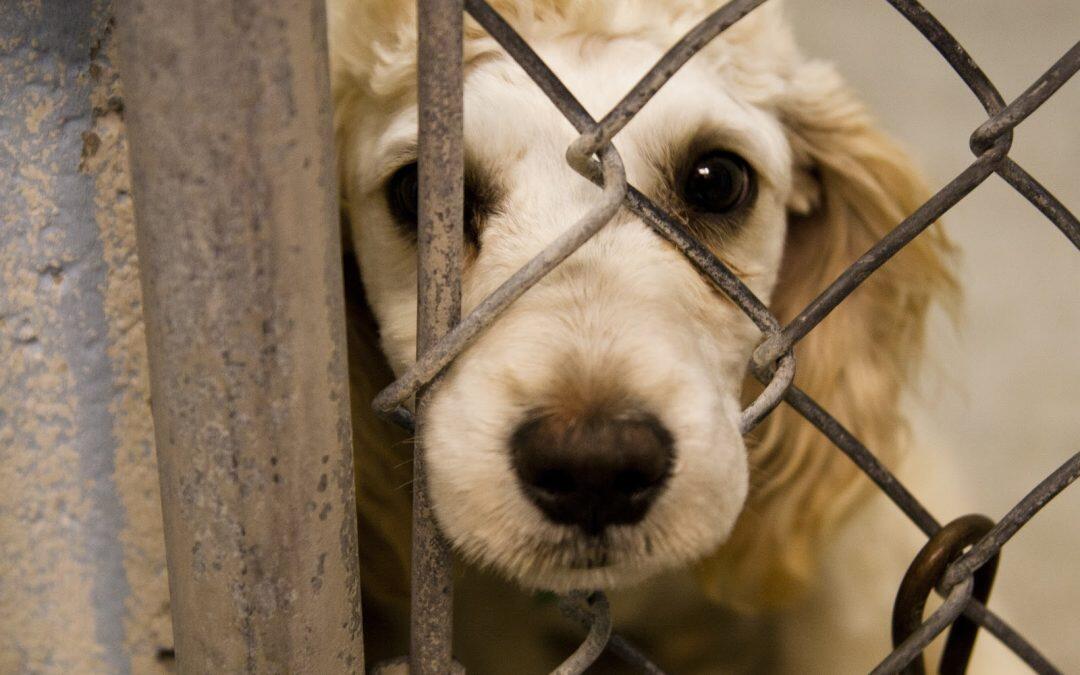Abuse towards animals could signal deep-rooted psychological problems that have come about as a result of a disturbed childhood or domestic violence, psychologists have said.
Difficult questions are being asked as to why anyone would take gratification from making an animal suffer after a video of a brutal cat killing in Ajman by an Emirati teenager went viral. British psychologist David Lee, lead consultant at the Camali Clinic in Dubai Healthcare City, said there is a correlation between violence against humans and young people who are intentionally cruel to animals.
“If they are exhibiting aggressive, tortuous behaviour they are more likely to be a risk to other people,” he said.
“We see these people are unable to relate to the suffering of others.
“It is often a symptom of something that runs deep. We would want to address that with professional mental health services as soon as possible to safeguard others.”
According to the UK’s National Society for the Prevention of Cruelty to Children (NSPCC), there is a growing research base suggesting that if a child is cruel to animals this may be an indicator that serious neglect and abuse have been inflicted on the child.
A 17-year-old, known only as Mohammed, is responsible for the incident in Ajman last month in which a cat died after being violently thrown against a wall. A video of the attack has been shared widely on social media and heavily condemned.
Dr Lee said individuals found abusing animals could have been subject to extensive bullying or victimisation, and that it is often a marker to a deeper psychological disturbance that can take time to resolve.
“This is quite worrying antisocial behaviour that is being played out,” he added.
“We would want to find out what has led to that behaviour. It is likely this person is disconnected from positive emotions.
“Early intervention is absolutely key. If we get to the point where a young person is committing these kind of offences, it can take long-term work to rectify. We would want to do some reparative work to address these issues. It is not a quick fix.”
Animal abuse is classified as the intentional harm of an animal. It includes, but is not limited to, wilful neglect, inflicting injury, pain or distress, or malicious killing of animals.
In recent months, Dr Susan Aylott, a volunteer vet at Animal Welfare Abu Dhabi, has cited cases of cats being thrown from rooftops and another of a stray being mutilated with symbols carved into its body.
Dr Aylott is working with the government on producing information leaflets to be distributed on how animal abuse can be reported.
“It is well established that links between animal abuse and other violence pose a real threat to society and needs to be addressed here,” she said.
According to the NSPCC, where serious animal abuse has occurred in a household there may be an increased likelihood that some other form of family violence is occurring. Any children present may also be at increased risk of abuse.
“This kind of marker shows serious concern for potential child protection issues,” said Dr Bryn Williams, a clinical psychologist with a specialist interest in children, young people and families, who works with the Ministry of Health.
“The UAE culture is very kind to animals, so this kind of behaviour is unusual and not something that is culturally acceptable.”
Dr Williams said family pets can be an important step in teaching children about compassion, life and death.
“The function of animals as pets is the first time we have to take responsibility in life. It teaches children about caring for something else,” Dr Williams said.
“Pets are hugely rewarding. They can be a great way to teach children how to deal with trauma. It is how we practise being human.
“Animal cruelty can give us a lot of insight into where a child is at mentally.”
Source: The National











